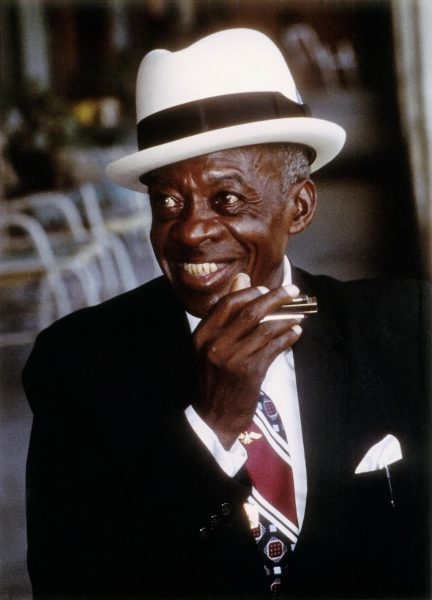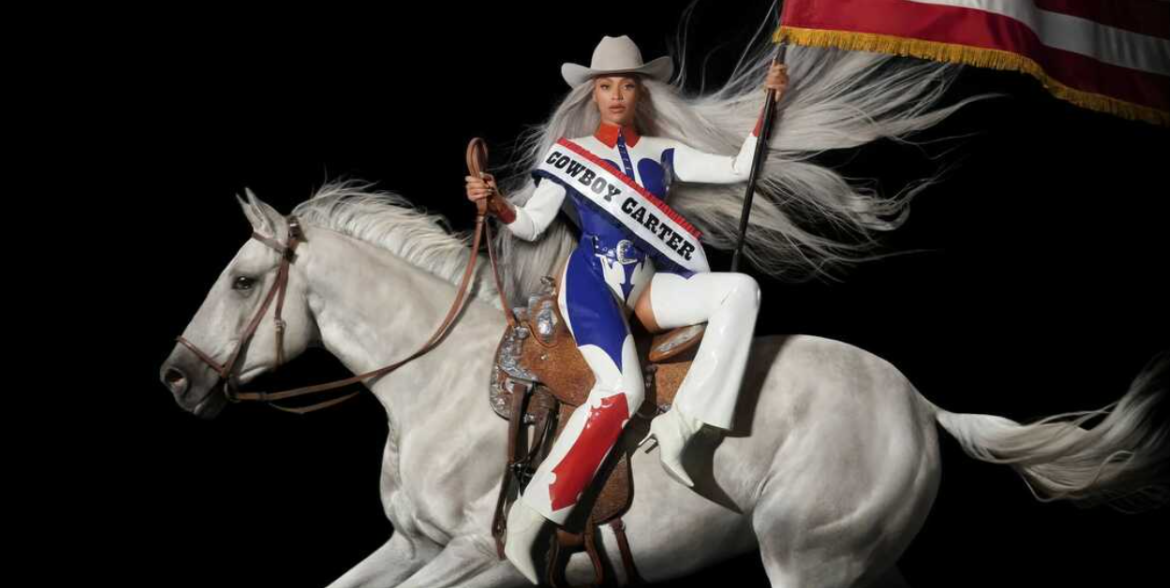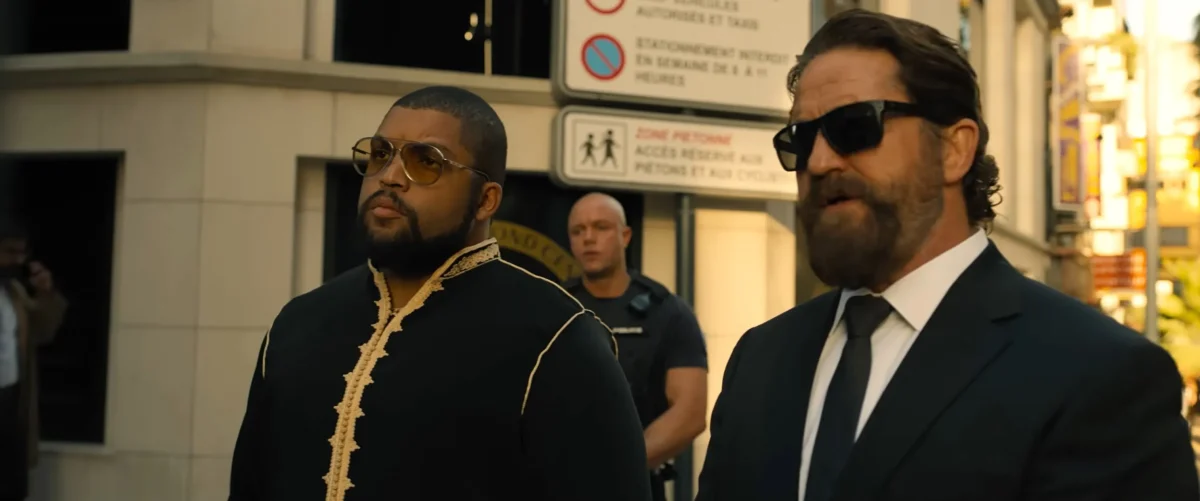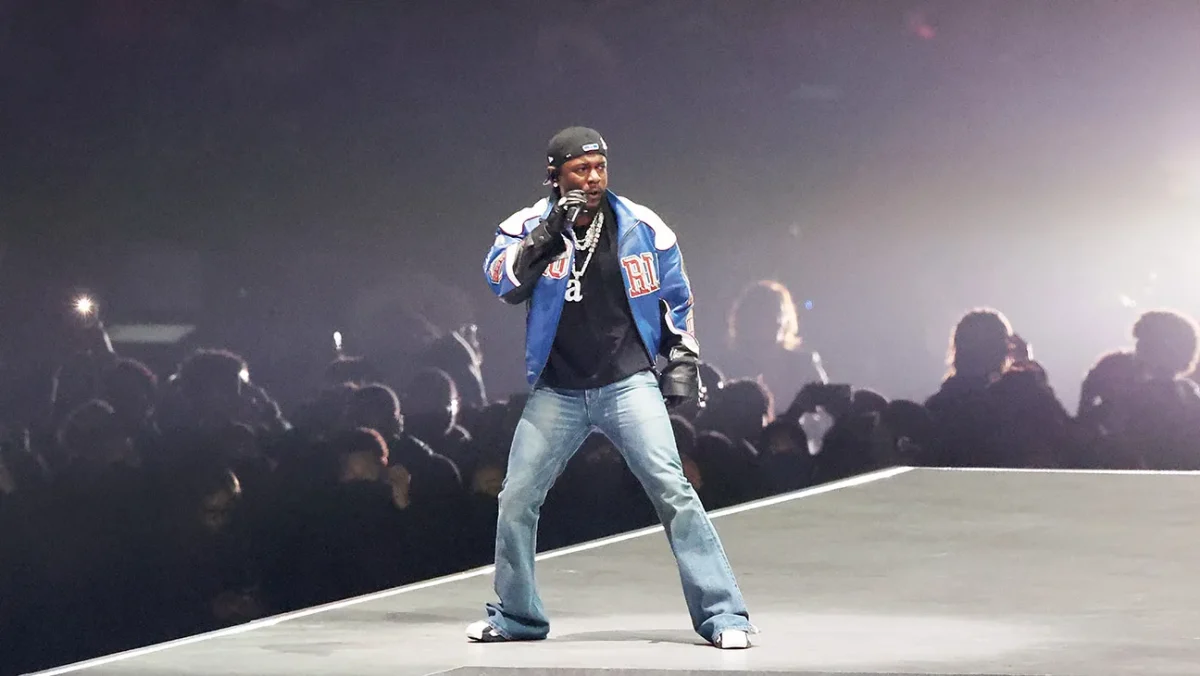Country music has long been celebrated for its storytelling, authenticity, and soul-stirring melodies. Rooted in the American South, it’s a genre that has evolved over the decades, reflecting the cultural tapestry of the nation. Yet, amid its rich history, there’s a debate brewing within the country music community: the role of black artists in a predominantly-white genre.
This debate was sparked even farther recently with Beyoncé’s album, Cowboy Carter. Opinions on Beyoncé’s venture into country music varied widely. Some praised her boldness and ability to blend genres seamlessly, while others questioned whether her crossover would dilute the authenticity of country music.
Supporters celebrated her for expanding the genre’s reach, while critics argued her presence overshadowed traditional country artists. Despite the mixed reactions, Beyoncé’s foray sparked conversations about the evolving landscape of country music and the power of artists to redefine musical boundaries.
On one side of the debate, there are those who argue that country music should remain true to its roots, preserving its traditional sound and themes. They believe that introducing black artists into the genre could dilute its authenticity and alienate its core audience. For these individuals, country music is synonymous with the rural, Southern experience, and any deviation from this narrative risks eroding its cultural significance.
Opposing this viewpoint are those who advocate for diversity and inclusivity in country music. They argue that the genre should evolve with the times, reflecting the changing demographics and societal values of modern America. For them, embracing black artists not only enriches the genre but also broadens its appeal to a more diverse audience. They point to trailblazers like Charley Pride and Darius Rucker, who have shattered barriers and proven that talent knows no race.

In fact, historically, black artists have played a significant role in shaping country music. From the blues-infused melodies of early pioneers like DeFord Bailey to the contemporary stylings of artists like Kane Brown, their contributions have been undeniable. Yet, despite this legacy, black artists continue to face barriers within the industry, struggling to gain recognition and airplay on country radio stations.
To bridge this divide, it’s crucial for the country music community to engage in open dialogue and embrace diversity. Rather than viewing the inclusion of black artists as a threat to the genre’s identity, it should be seen as an opportunity for growth and innovation. By celebrating the diverse voices and experiences within country music, we can ensure its relevance and longevity in the years to come.
Ultimately, the debate over black artists in country music boils down to a question of identity and representation. While some may cling to tradition, others recognize the need for change in order to stay relevant in an ever-evolving world. By finding a balance between preserving the genre’s heritage and embracing its future, we can create a country music community that is inclusive, vibrant, and reflective of the diverse tapestry of America.







